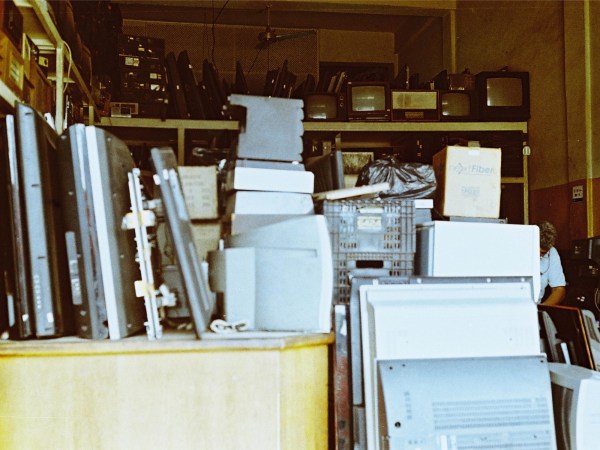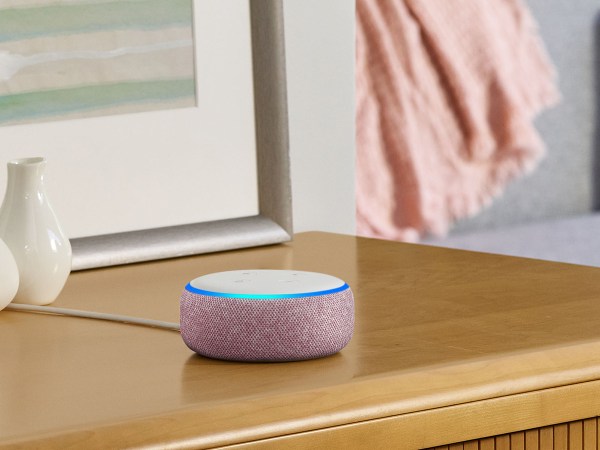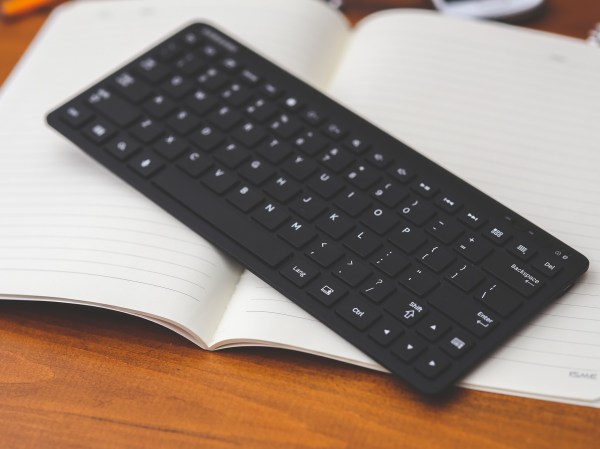

This story has been updated. It was originally published on May 23, 2019.
Getting out of bed can be one of the toughest challenges of the day, but technology can help. We’re not talking about your phone, though. Ditch the smartphone alarm you’ve been relying on for years and switch to one of these alternatives for an easier way to ease into the day.
A smart light
Smart lights let you use your phone to turn your bulbs on and off, and get them working on a schedule, too. Many types of smart lights also come with features that will ease you out of sleep by mimicking the timing and color of a natural sunrise.
By gradually getting brighter, these lights aim to wake you up the same way the sun would. Some bulbs, like those in the Philips Hue family of products, can find sunrise times for your location and program themselves accordingly.
You don’t have to stick to the natural rhythm of the day, though, and maybe your job or daily routine prevents you from doing so. Just tell the lights when you want to wake up and most will be able to work their way up to a preset brightness level over the course of a few minutes. All you’ve got to do is go into the associated app and tell them what to do.
[Related: Indoor campfires, motion sensitivity, and 9 other smart light tricks to try]
Lifx bulbs are another brand with this ability—you set the sunrise and sunset times, pick the bulbs to include, and the Lifx app takes care of the rest (including matching the color of the sunrise or sunset).
Some smart lights are made specifically to get you out of bed. At a time of your choosing, the Philips SmartSleep Sleep and Wake-up Light ($168 from Amazon), for example, will gradually fill your bedroom with light. It can help you out in the evening, too, by generating relaxing light cycles and sounds to help you drift off to sleep.
Your smartwatch or fitness tracker

The benefits of using a smartwatch or a fitness tracker to wake you up are twofold. First, they can monitor different stages of sleep to give you feedback on the quality of shut-eye you’re getting. Second, they can stir you awake with a soft vibration instead of a shrill beep.
Wearables can also monitor our movements through the night, tracking when we’re experiencing light or deep sleep. You can then use that data to work out the best time to get up, and to stick to a routine featuring the same bedtime and rise time.
Of course, if you’ve got an office to get to or kids to get ready, you can’t just sleep until you naturally wake up. Thankfully, some devices will let you choose a time period—between 7 and 7:30 a.m., for example—within which you’d like to wake up, and will try to pick the best moment during that window.
Now, let’s talk about the vibration setting, which further reduces the chance that you’re jarred out of sleep. These silent alarms are also helpful if you happen to sleep with someone else who has to get up at a different time.
You’ll find all kinds of smartwatches and trackers are up to the task, from the Fitbit Inspire ($89 from Amazon) to the Samsung Galaxy Watch ($214 from Amazon).
A radio alarm clock

If modern tech isn’t your thing or you want a bit of retro decor, go slightly old-school by investing in a radio alarm clock, or dusting off an old one that hasn’t been used since you bought a smartphone.
A few reasons why a radio might work better than your phone as an alarm: You have to get up to switch it off (if you keep it far enough away from your bed), it can introduce you to the day with the morning headlines or your favorite genre of music, and it means you can keep your phone and all its distractions in another room overnight. If you don’t already have one of these, it won’t cost you a huge amount to get one.
Some clock radio features depend on the model you get. Some come with an integrated sunrise light, like the Jall Wake Up Light Sunrise Alarm Clock ($40 from Amazon), while others, like the DreamSky Alarm Clock Radio ($21 from Amazon), can gradually adjust the volume of the alarm so waking up isn’t such a jolt.
[Related: Redesign your bedroom for a better night’s sleep]
You can also find battery-powered radio alarm clocks specifically built for the outdoors, so you can continue your wakeup routine when you’re camping or on vacation. These include the Sangean PR-D18BK ($48 from Amazon), and in addition to waking you up in a timely fashion, they’ll keep you up-to-date with news and entertained with music without affecting the battery life or data usage on your phone.
A smart speaker
Smart speakers have become so ubiquitous that you might have already started using one of these devices to wake you up in the morning. Maybe it’s an Amazon Echo ($60 from Amazon for the latest generation, $40 for the previous one) or a Google Home ($50 and up from Google).
At a basic level, these speakers can set a repeating alarm for a time of your choosing, giving you the option of keeping your phone in another room where it won’t distract you overnight. Setting or changing an alarm (and switching it off) is as easy as speaking a voice command.
These Amazon and Google smart speakers have developed the ability to use routines as well. That means you can, for example, turn on your smart lights, hear the morning news, start listening to a podcast, and immerse yourself in some tunes when you wake up.
Again, you can set all this up with a voice command, and tweak the finer details later on your phone. If you so desire, you can include weather forecasts and traffic reports in your alarm routine, and these options will no doubt expand over time.
It’s important to start the day properly, and finding the right gadget to get you out of bed is a big part of that. Just remember, you don’t have to rely on your smartphone to do it.















